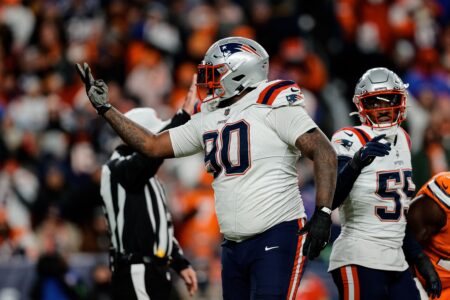Gee speaking of assumptions...
Let me see if I get this straight. You're criticizing my sample size as being too small, but then you just pull random statistics out of thin air and use those completely-made-up "facts" to draw your conclusions?
Are you serious..?!? Thank you, my friend, for starting my day with one of the best laughs I have had in quite some time!



You're using completely made up statistics and then trying to find the likelihood of something happening based on those made up statistics. Meanwhile I am using historical fact. Yeah, that's a no brainer which one of us is using the better method.
You know for someone who is always complaining about other people changing the subject or "moving the goalposts" you sure seem to do that an awful lot on your own.
I have tried to explain this to you several times, but it apparently has not yet sunk in. I will type the following very slowly so as to help you understand: What I am arguing is that there is no significant correlation between "winning the coin toss" and "winning the game" in overtime playoff games. I have provided facts and data to support that conclusion. You have provided nothing other than completely bogus, made-up assumptions.
You know, I didn't want to have to humiliate you by mentioning this but the you have forced my hand. I was hoping you would figure it out on your own. Forget about Statistics 101, this is the sort of thing you learn in high school.
To say a sample size of 10 is "WORTHLESS" is a completely meaningless statement without knowing stating the size of our universe. Sure, if I wanted to find the average height of all human beings, then a sample of 10 would be too small because
there are about 6 billion humans. But guess what? There have only been 27 NFL Playoff overtime games. So a sample of 10, taken from a universe of 27, is indeed a significantly large sample.
There isn't a single statistician that would look at a universe of 27, see a sample size of 10, and consider that an "insignificantly small sample size". So that blows another argument of yours completely out of the water. The fact that you continue to harp on it shows that you lack a fundamental understanding of statistics.
Wow! This is like shooting ducks in a barell!
















